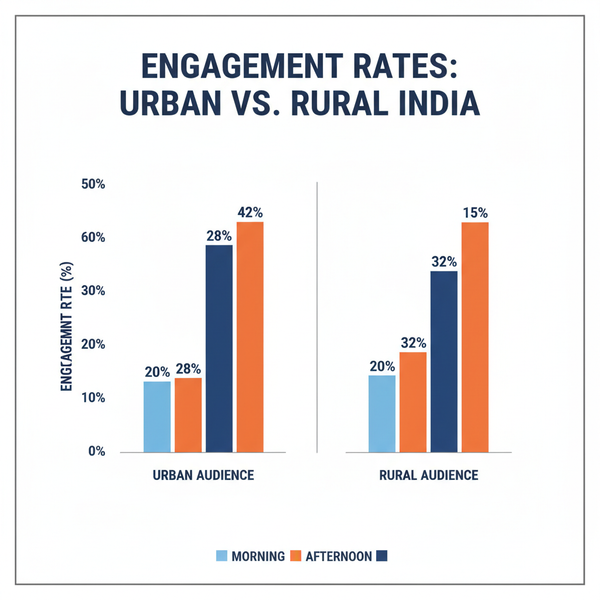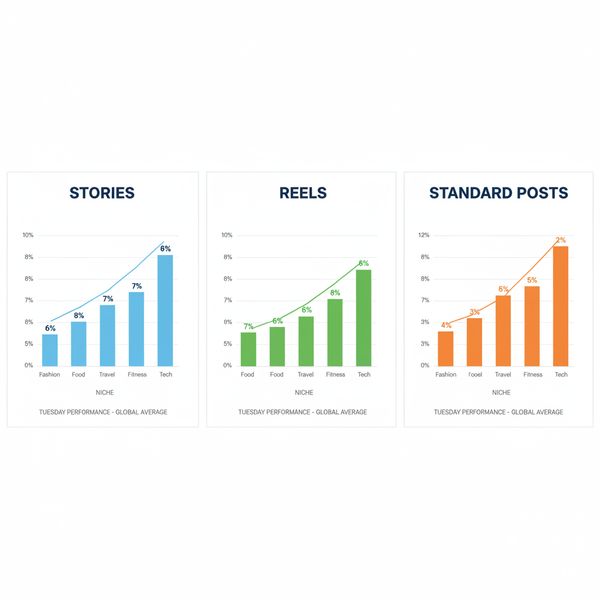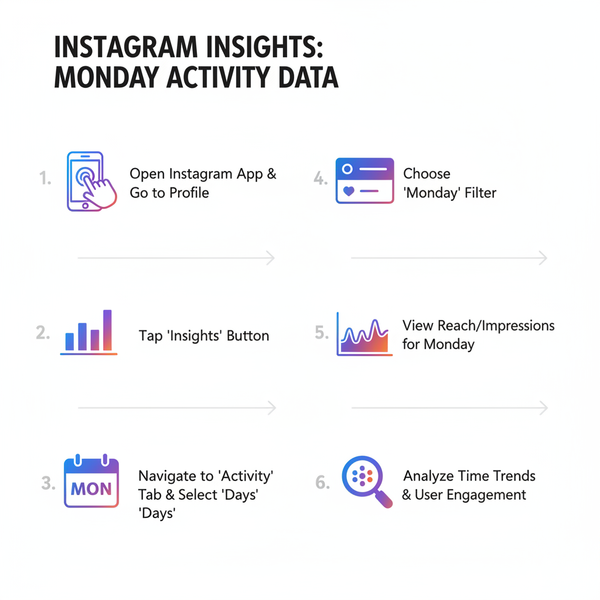Average Age of TikTok Users and Demographics in 2024
Discover the 2024 TikTok age demographics, key generational trends, and how brands can tailor content for Gen Z, millennials, and older users.
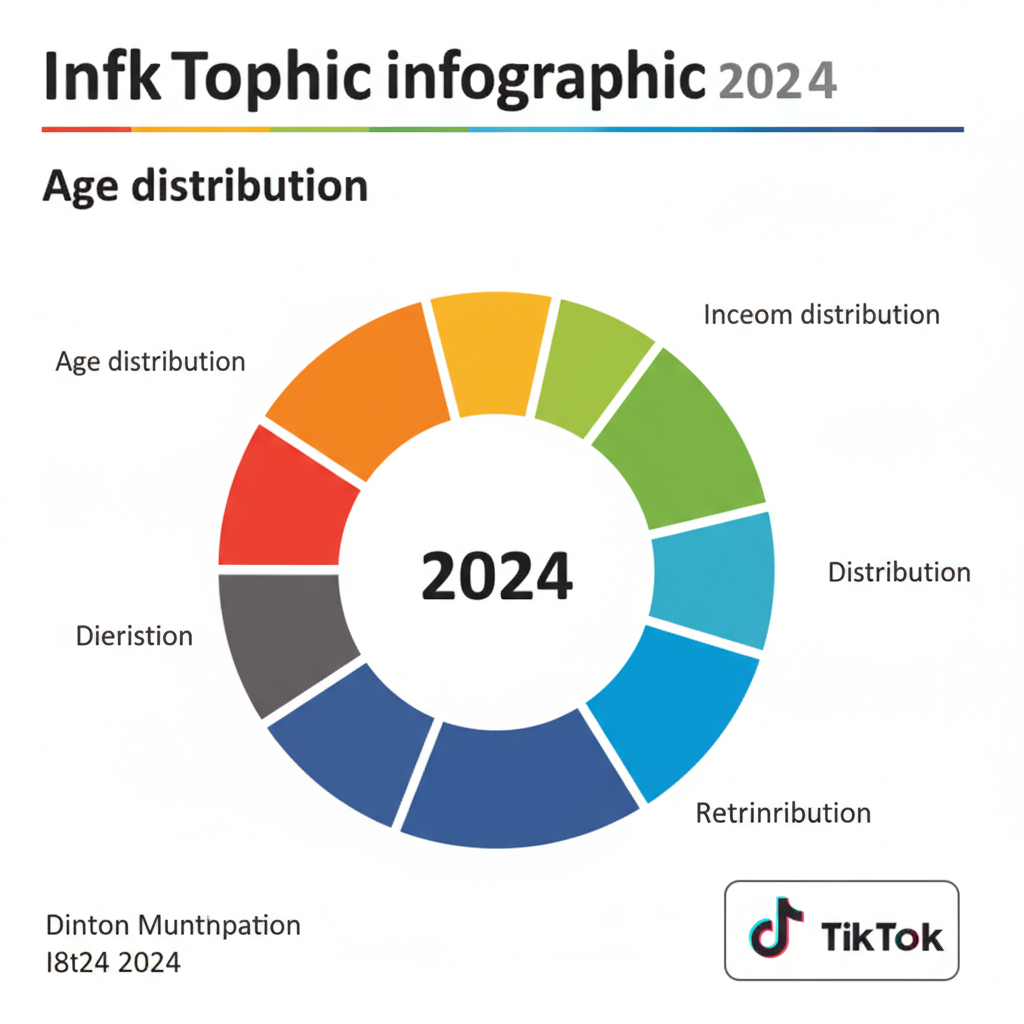
Introduction: Understanding the Average Age of TikTok Users in 2024
TikTok’s meteoric rise from a niche lip-sync app to a global social media giant has reshaped online engagement. Since launching in 2016, it has attracted over 1 billion monthly active users across continents, powered by intuitive editing tools, a hyper-personalised algorithm, and cultural moments that go viral overnight.
In 2024, TikTok is no longer limited to teenagers — its audience spans diverse age ranges, making it a vital marketing channel for brands, creators, and educators.
Knowing the average age of TikTok users helps tailor content for maximum engagement and ROI.
---
Latest Demographic Statistics: Age Distribution Across Regions
Age profiles differ by region due to cultural trends, tech adoption rates, and regulations. Initially strong in the US and China, TikTok’s expansion in Latin America, Europe, and Africa has shifted the global demographic balance.
| Age Group | North America | Europe | Asia-Pacific | Latin America |
|---|---|---|---|---|
| 13-17 | 25% | 22% | 28% | 32% |
| 18-24 | 36% | 34% | 40% | 38% |
| 25-34 | 22% | 24% | 20% | 18% |
| 35-44 | 10% | 12% | 8% | 7% |
| 45+ | 7% | 8% | 4% | 5% |
TikTok’s largest audience is aged 18–24, while teens remain an influential segment driving trends and virality.
---
Breakdown of Most Active Age Groups
TikTok’s content ecosystem is powered by multiple generations:
Gen Z (13–24 years)
- Trendsetters behind viral challenges, dances, and memes.
- Quick adoption of emerging creators and new formats.
- High engagement with short, entertaining, and highly visual content.
Millennials (25–34 years)
- Active in professional niches like finance, parenting, and DIY projects.
- Prefer educational, tutorial-driven content alongside entertainment.
- Use TikTok for lifestyle enrichment, product research, and networking.
Gen X & Boomers (35+ years)
- Smaller share but steadily increasing participation.
- Focus on news, health tips, nostalgia, and trust-based brand interactions.
- Engage more with structured, value-first storytelling.

Understanding these segments enables precise marketing that aligns with viewers’ interests.
---
How Age Demographics Influence TikTok Trends
The platform’s average age directly shapes content styles:
- Gen Z dominance: Results in humor-driven clips, meme culture, and high-energy editing.
- Millennial influence: Boosts professional and skill-based videos, like career hacks or in-depth cooking tutorials.
- Older audiences: Gravitate toward slower-paced, informative, or emotionally resonant stories.
Trend lifecycles are shorter with younger demographics, as they experiment rapidly and replace microtrends in days.
---
Implications for Brands Targeting Specific Age Ranges
Age data helps marketers match messaging to buying habits and decision-making triggers.
Recommended approaches by age group:
- 13–17: Gamified challenges, contests, and relatable influencer tie-ins.
- 18–24: Blend entertainment with authenticity and pop culture references.
- 25–34: Highlight practical utility, tutorials, and high-value product use cases.
- 35+: Build trust with testimonials, long-form guides, and clear explanations.
Brand tone, visuals, and CTA language should align with the audience segment most likely to convert.
---
Comparison with Other Social Media Platforms
Different networks attract different age cores:
| Platform | Average Age Range | Dominant Demographic |
|---|---|---|
| TikTok | 18-24 | Gen Z |
| 25-34 | Millennials | |
| 35-44 | Gen X | |
| Snapchat | 13-24 | Gen Z |
Campaigns across multiple platforms must adapt tone, visuals, and timing to match each site’s age profile.
---
Future Trends: Age Shift Predictions for TikTok
As the platform matures, its original users age with it:
- Older Millennials remain active for networking and skill development.
- Gen Z transitions from school-life content toward career and finance topics.
- Gen Alpha entry may boost demand for immersive gaming and AR experiences.
Analysts forecast that by 2026 TikTok’s average age will climb to 25–27 years, maintaining Gen Z’s presence but expanding older demographics.
---
Strategies for Age-Appropriate TikTok Content
Marketers can maximise reach across segments by:
- Segmented Content Calendars – Multiple posting themes for different age groups.
- Adaptive Visual Language
- Gen Z: fast cuts, humor, trending audio.
- Millennials: polished production, step-by-step guides.
- Interactive Features – Polls, Q&As, duets for younger and mid-tier viewers.
- Educational Hooks – Value-first introductions to catch mature audiences early.
// Example: TikTok API pseudo-code for targeting content by age segment
function postForAgeGroup(ageRange, contentTheme) {
if (ageRange === "13-17") {
return createVideo(contentTheme, "fast-paced", "trending-audio");
} else if (ageRange === "18-24") {
return createVideo(contentTheme, "authentic", "current-meme");
} else {
return createVideo(contentTheme, "informative", "calm-background");
}
}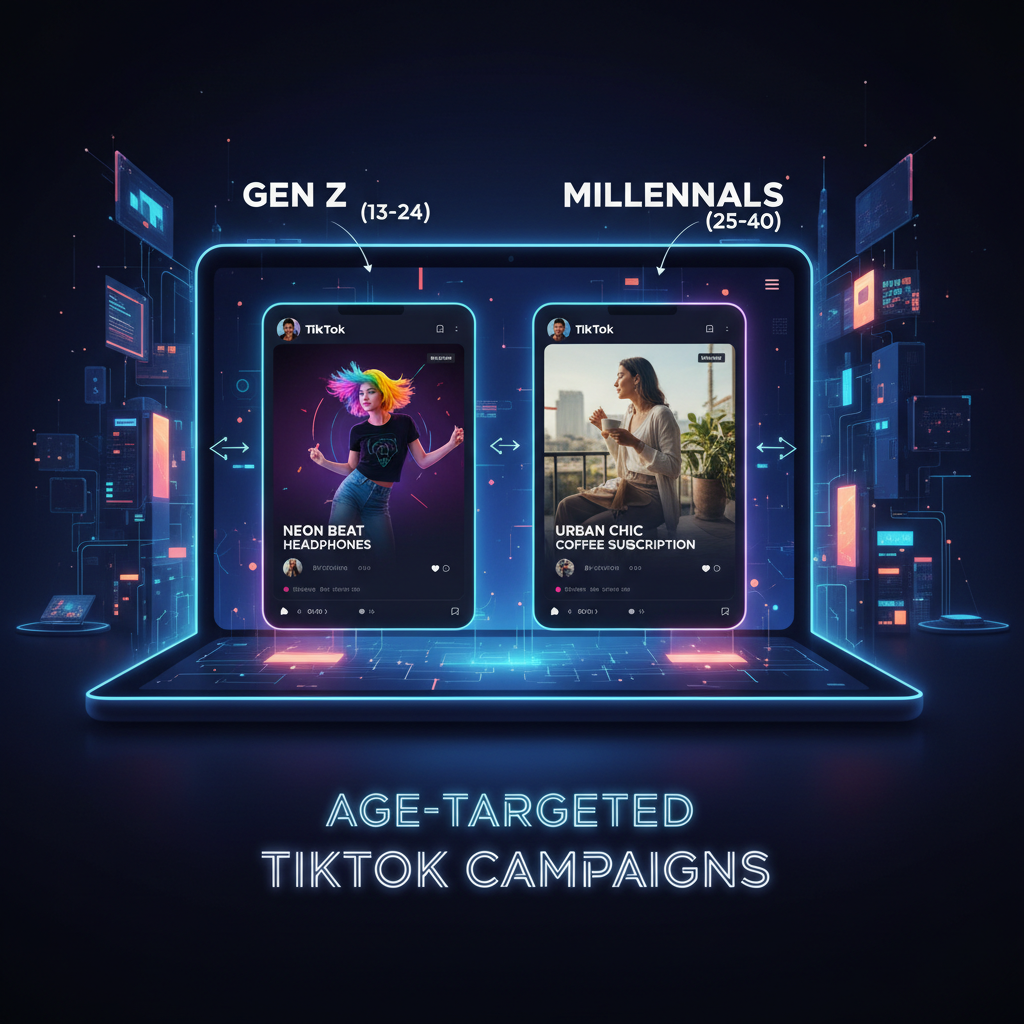
Planning content that adapts per age profile keeps engagement high and fosters long-term community loyalty.
---
Conclusion: Leveraging TikTok Age Data for Success
The average age of TikTok users is a powerful marker for shaping strategy. In 2024, brands and creators targeting the right age segments can fine-tune everything from editing pace to CTA placement.
TikTok’s evolving age spread — from teens leading trends to Millennials and Gen X seeking value — means a blended approach will yield the best ROI.
Stay informed and adapt quickly, and your TikTok campaigns will resonate more deeply with the audiences that matter most.
---
Ready to optimise your TikTok strategy? Analyse your follower age data today and design content tailored to their preferences for stronger engagement and conversion.

